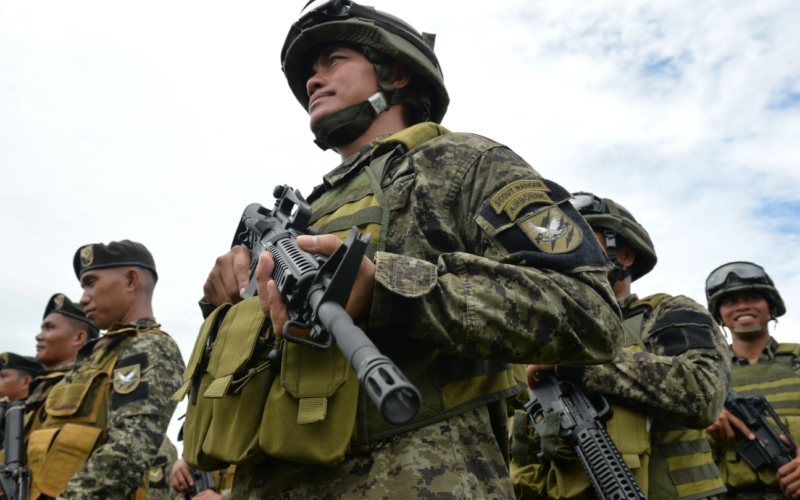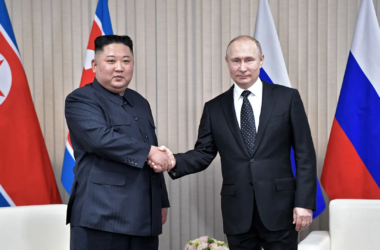Tensions in the South China Sea have escalated as the Philippine military accuses China of engaging in bullying tactics in the contested maritime region. In response to what they perceive as provocative actions, the Philippine military has steadfastly declared its commitment to continue maritime missions in the South China Sea. This article explores the accusations made by the Philippines, the implications of such alleged bullying, and the military’s resolute stance on safeguarding its interests in the region.
The Philippines has formally accused China of engaging in bullying behavior in the South China Sea, a region fraught with territorial disputes and competing claims. The allegations include instances of harassment and intimidation directed at Philippine vessels conducting maritime missions in the contested waters. The Philippine military contends that such actions not only violate international maritime norms but also pose a threat to regional stability.
The South China Sea holds immense strategic significance, with its waters serving as a vital conduit for global trade and navigation. The contested nature of the region, marked by overlapping territorial claims, has been a source of longstanding tensions among nations, including China, the Philippines, Vietnam, and others. The accusations of Chinese bullying add another layer of complexity to the geopolitical dynamics of the area.
In response to the alleged incidents of bullying, the Philippine military has affirmed its unwavering commitment to continue maritime missions in the South China Sea. This resolute stance underscores the Philippines’ determination to protect its sovereign interests and assert its rights within the framework of international law. The military’s commitment to sustained missions is seen as a proactive measure to safeguard Philippine territorial integrity.
The accusations and counteractions in the South China Sea have broader implications for regional stability. As nations assert their claims and engage in maritime activities, the risk of incidents escalating into larger confrontations becomes a cause for concern. The international community closely monitors developments in the region, emphasizing the need for peaceful resolutions and adherence to established norms to prevent an escalation of tensions.
While the military’s commitment to continued missions signals a readiness to protect national interests, diplomatic avenues and adherence to international law remain essential for resolving conflicts in the South China Sea. The Philippines, along with other claimant states, may seek arbitration and multilateral forums to address grievances and find peaceful solutions to the complex challenges posed by overlapping territorial claims.
The Philippine military’s accusations of Chinese bullying in the South China Sea highlight the ongoing tensions in the region. As maritime activities continue to be a focal point of contention, the commitment to sustained missions underscores the importance of safeguarding national interests. However, the complexity of the situation necessitates diplomatic efforts and adherence to international law to ensure regional stability and prevent the escalation of conflicts in this strategically vital maritime expanse.








